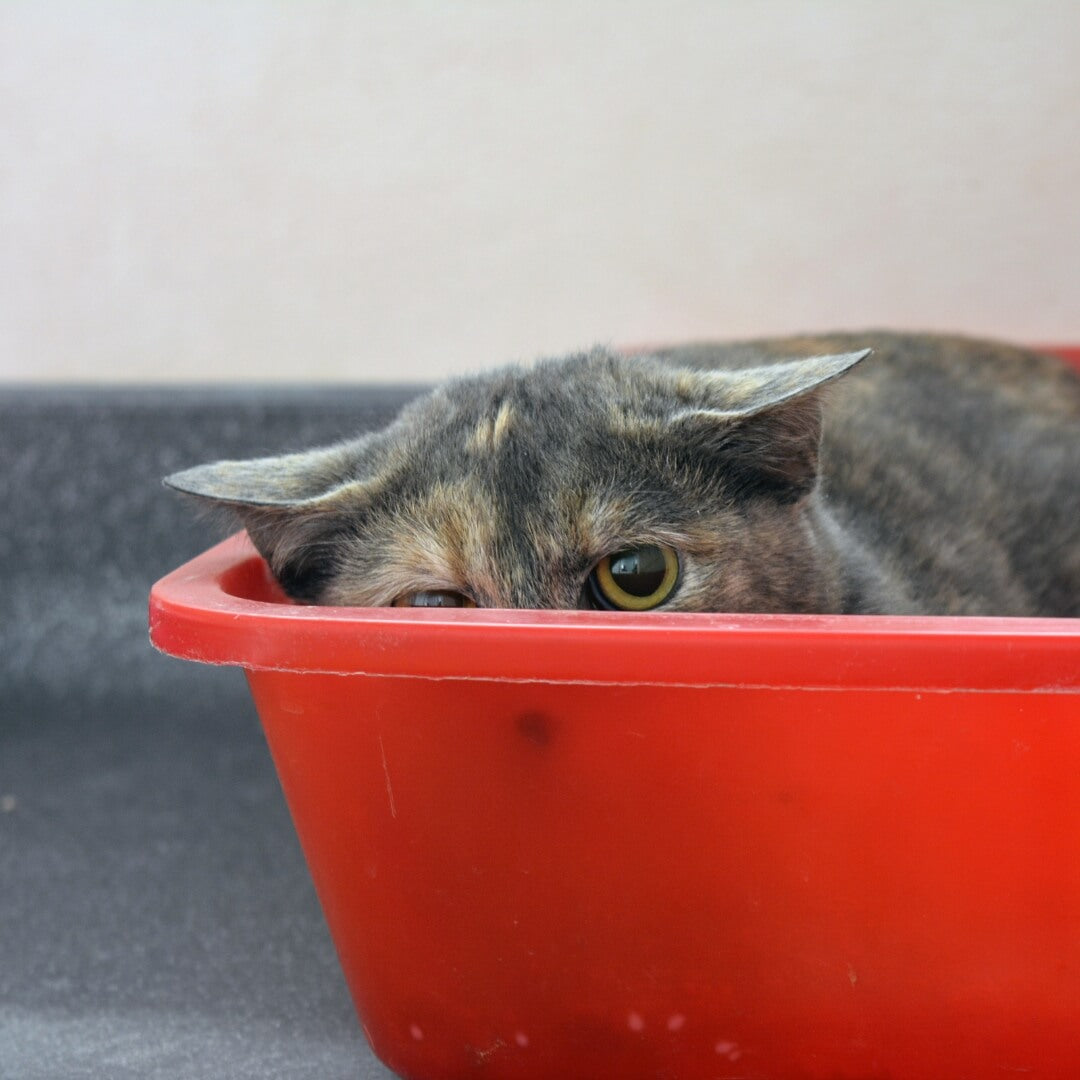How To Deal With An Anxious Cat

Share
If you have an anxious cat, you know how distressing it can be to see your furry friend experiencing stress and fear. Cats can become anxious for a variety of reasons, including changes in their environment, the introduction of a new pet or person, and even medical issues. Here are some tips for helping an anxious cat:
-
Identify the cause of the anxiety: In order to effectively address your cat's anxiety, it's important to try to identify the root cause. This may require some detective work on your part, but some common triggers for anxiety in cats include changes in their routine, the presence of loud noises or unfamiliar people, and medical issues such as pain or illness.
-
Create a safe space: Cats need a place where they can retreat to feel safe and secure. This can be a quiet room or a designated area in your home where your cat can retreat to when they feel overwhelmed. Make sure to provide a cozy bed, a litter box, and plenty of water in this space.
-
Offer plenty of affection and attention: Cats, like all animals, crave affection and attention from their caregivers. When your cat is feeling anxious, make an extra effort to provide extra love and attention. This can include extra playtime, grooming sessions, and cuddling.
-
Use pheromone products: Pheromones are chemical signals that animals use to communicate with each other. Certain pheromone products, such as sprays or plug-in diffusers, can help calm anxious cats by replicating the calming pheromones that mother cats produce to comfort their kittens.
-
Consult with your veterinarian: If your cat's anxiety persists or becomes severe, it's important to consult with your veterinarian. They can help determine if there is an underlying medical issue causing the anxiety or if medication may be necessary to help manage the anxiety.
Helping an anxious cat can be challenging, but with patience, love, and the right strategies, it is possible to significantly reduce your cat's anxiety and improve their quality of life.




